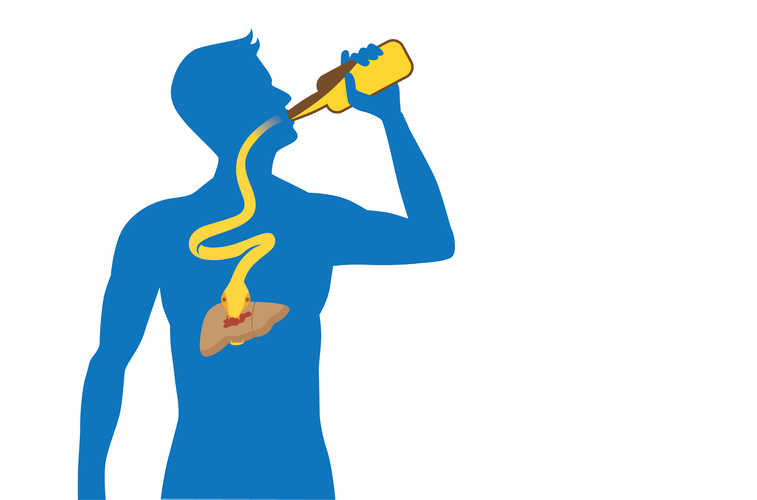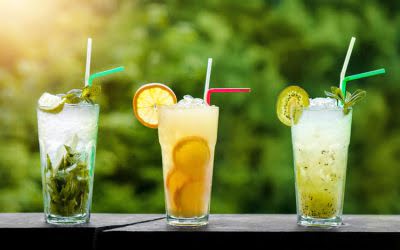Providers help patients in this stage to recognize and avoid situations that increase the risk of physical relapse. Participants in this stage may be at a significantly increased risk of a physical relapse during special times, such as a social event, holiday, or a trip when they may use mental bargaining to justify their use. Many individuals relapse prevention in both the healthcare system and the larger society focus on relapse in terms of the consumption of the alcohol or drug that has been problematic for the individual. However, consumption is the very last step in the relapse, and neglecting earlier events in a relapse prevents more effective intervention at earlier stages.
Relapse prediction in schizophrenia with smartphone digital phenotyping during COVID-19: a prospective, three-site … – Nature.com
Relapse prediction in schizophrenia with smartphone digital phenotyping during COVID-19: a prospective, three-site ….
Posted: Fri, 27 Jan 2023 08:00:00 GMT [source]
Therapy may focus on identifying high-risk situations and learning ways to avoid them. It may also involve normalizing occasional thoughts and relapse, and learning methods to let go of them quickly. Substance abuse relapse occurs when a person who has attempted to stop using a substance begins to use it again. Relapse can occur very soon after attempting sobriety, or after several years of sustained sobriety.
Preventative Tools
Many who embark on addiction recovery see it in black-and-white, all-or-nothing terms. They see setbacks as failures because the accompanying disappointment sets off cascades of negative thinking and feeling, on top of the guilt and shame that most already feel about having succumbed to addiction. Creating a rewarding life that is built around personally meaningful goals and activities, and not around substance use, is essential. https://ecosoberhouse.com/article/how-alcoholic-parents-affect-their-children/ Recovery is an opportunity for creating a life that is more fulfilling than what came before. Attention should focus on renewing old interests or developing new interests, changing negative thinking patterns, and developing new routines and friendship groups that were not linked to substance use. The longer someone neglects self-care, the more that inner tension builds to the point of discomfort and discontent.
Part of the recovery process includes talking about relapse, and learning healthier ways to cope with triggers that can lead to it. Individuals use drugs and alcohol to escape negative emotions; however, they also use as a reward and/or to enhance positive emotions [11]. In these situations, poor self-care often precedes drug or alcohol use. For example, individuals work hard to achieve a goal, and when it is achieved, they want to celebrate. But as part of their all-or-nothing thinking, while they were working, they felt they didn’t deserve a reward until the job was done. Since they did not allow themselves small rewards during the work, the only reward that will suffice at the end is a big reward, which in the past has meant using.
Phone, Video, or Live-Chat Support
Attending or resuming attending meetings of some form of mutual support group can be extremely valuable immediately after a lapse or relapse. Discussing the relapse can yield valuable advice on how to continue recovery without succumbing to the counterproductive feelings of shame or self-pity. Experts in the recovery process believe that relapse is a process and that identifying its stages can help people take preventative action.
- That said, particularly for the briefer MET/CBT, these interventions are likely to be more cost-effective than comprehensive family therapies that require many more clinical resources to achieve similar outcomes.
- Preventing the worsening is a critical part of all drug treatment programs and involves identifying the warning signs and triggers.
- Many factors play a role in a person’s decision to misuse legal or illegal psychoactive substances, and different schools of thinking assign different weight to the role each factor plays.
- The growth stage is about developing skills that individuals may have never learned and that predisposed them to addiction [1,2].
Accepting that relapse is a normal part of the process of recovery is a more helpful way of looking at relapse. Individuals and treatment programs that take this view are more successful, and in the long run, those who accept and work to try again after a relapse are more likely to eventually overcome their addiction. First, recovering addicts must acknowledge that relapse is always possible. By recognizing this reality, patients should be motivated to stay on guard and learn as much as they can about how to prevent it.
Make a Reminder of Warning Signs
For example, someone trying to control their drinking, who had been drinking according to relapse could result in a session of binge drinking. For a shopaholic trying to follow a spending plan, a relapse could be going on a shopping spree. For people trying to control their behavior rather than trying to quit entirely, a relapse happens when the individual had gotten control over the behavior but is re-experiencing a period of uncontrolled behavior.

Support groups also let participants collectively learn from substance abuse group topics. They offer a sense of belonging and understanding, often missing from other social circles. Groups like Alcoholics Anonymous, Narcotics Anonymous, and SMART Recovery provide invaluable help, resources, and substance abuse group activities. They also offer a safe space for group members to talk about their struggles and learn to cope without substances. Surround yourself with a strong support system of friends, family, and sober acquaintances.
Stimulus control techniques
Future research with a data set that includes multiple measures of risk factors over multiple days can help in validating the dynamic model of relapse. Hence, the dynamic model posits a non-linear progression to relapse19. A relapse prevention plan must be customized to the individual and their specific needs, preferences, and surrounding resources and support system. To prevent a relapse, you will want to remove triggers, including places, people, or purchases that may bring about urges to use again. Some warning signs of a potential relapse, according to Gottlich, could include secretiveness, disengaging from treatment, and being overly arrogant about sobriety.

